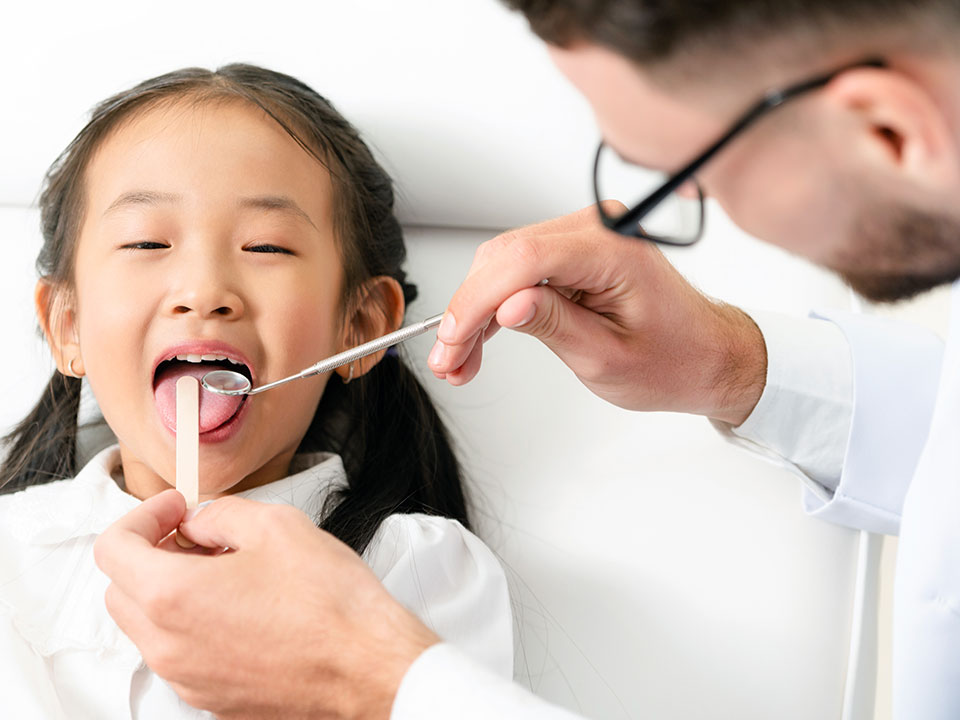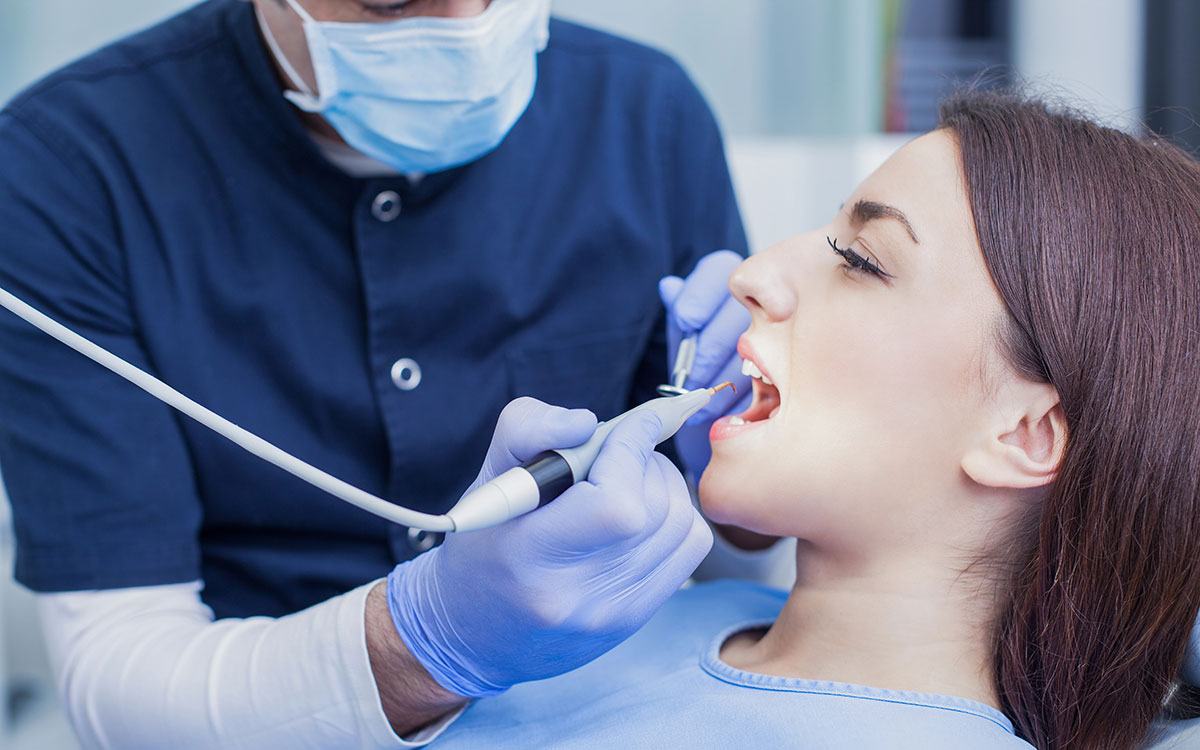If you are always worrying about your child’s health, then you have undoubtedly thought about their teeth. Children participate in many activities, and it is good to support them. However, some of the activities could land them in dental distress.
Cracked and broken teeth are common in children. Trauma to the jaw could leave your child with one or more cracked teeth. In severe cases, your child may also get a tooth knocked out. And unfortunately, your child may not make enough effort to prevent this.
When children play or participate in their favorite sports, they will hardly think about protection. That is why you will find many kids riding bikes without protective helmets or playing ball with no protective gear.
Therefore, it is up to the parents or guardians to help children avoid cracked teeth. Until your child can learn about the importance of taking care of their teeth, you should make an effort to reduce the number of emergency trips you make to the dentist.
And we can help. We offer expert advice through this article on the best ways to help your child avoid a cracked or broken tooth. But first, explore some of the other causes of cracked or chipped teeth in children.
What Causes Chipped Or Cracked Teeth In Children?
Besides trauma from falling, sports, and active behavior, your child can sustain cracked teeth due to:
- Teeth grinding. Teeth grinding or bruxism is a condition common among children. The patient rubs the upper and lower jaw teeth together in a grinding motion. Most children do it unconsciously, which can be due to teething, stress, earaches, or misalignment of teeth. Constant teeth grinding weakens the enamel, making the teeth more prone to breaking or chipping.
- Eating hard food. Hard food like ice and candy can also cause cracked and chipped teeth. The enamel is strong, but it is also fragile. Sugar in candy weakens the enamel making it easier to penetrate. Therefore, if your child eats too much candy and hard foods, their teeth are more likely to chip and crack.
- Effects of diseases. Some neurological conditions that affect kids, such as epilepsy and cerebral palsy, increase the risk of accidents. Therefore, your child is more susceptible to broken teeth.
- Tooth decay. And finally, tooth decay weakens the enamel. A weak enamel makes the tooth more prone to breaking. Consumption of sugar and carbonated drinks causes tooth decay, and unfortunately, children consume a lot of snacks with sugar and acidic effects on the teeth. Prolonged tooth decay leads to cracking and even tooth loss.
How To Help Your Child Avoid Cracked Teeth
1. Encourage protective gear during sports.
Your child may not remember or be willing to put on their helmet or mouth guard during sports and play. Therefore, it is up to you to encourage your child to wear protective gear during contact sports and other activities.
Outline the importance of wearing protective gear to your child to help them understand and be more agreeable about it. Additionally, you can buy protective gear in their preferred theme, colors, and characters. This will encourage them to weather the gear.
Moreover, you can buy matching gear and lead by example. Showing your child that protective gear is also necessary for adults will encourage them to wear it more often. Invest in mouth guards, helmets, and even face shields to protect your child’s face from contact.
2. Invest in a good nighttime mouthguard.
Next, you should invest in a good nighttime mouthguard. Most people grind their teeth in their sleep. This unconscious tooth grinding in the night wears out the enamel. If you notice your child has a tooth grinding problem, invest in a good mouthguard.
Encourage your child to wear the mouth guard while sleeping, to reduce the effects of tooth grinding. This will safeguard against cracking and chipping due to enamel weakness.
Similarly, you can help your child overcome stress and anxiety that onsets teeth grinding. If your child is nervous about a test, help them overcome it to reduce teeth grinding.
Alternatively, you could speak to your pediatric dentist about bruxism. The dentist should provide you with helpful solutions for managing teeth grinding.
3. Teach proper dental hygiene routines.
Tooth decay is common among children. In fact, most adults remember having tooth decay at some point in their childhood. Children’s teeth are more prone to decay because of two main factors.
Children eat more candy or sugary snacks than adults, especially during the holidays. Sugar reacts with the bacteria on the teeth to create acidic solutions that eat away the enamel. This leads to tooth decay which causes cracking and chipping.
In addition, children are not as alert as adults when brushing and flossing. Most children think of it as a chore and will not put effort into proper hygiene. Some children also dislike the sensation of brushing and flossing. Poor oral hygiene encourages bacteria growth which causes tooth decay.
Teaching children the importance of oral hygiene will encourage them to take better care of their teeth. Therefore, teach your child the proper way to brush and floss. Use flavored toothpaste to encourage brushing.
Additionally, get other dental products in their favorite theme or cartoons to encourage good oral hygiene practices.
4. Discourage candy and other hard foods
And finally, discourage your child from eating hard foods sichs as candy and ice. If your child loves crushing popsicles, encourage them to suck instead, to preserve tooth strength. Alternatively, you could serve soft ice cream instead of popsicles.
Moreover, encourage your child to eat more vegetables and fruits instead of candy. Apples, carrots, and pears offer a good crunch that does not damage the teeth, so you can offer these instead. If you must give candy, stray away from hard and sticky candy.
Bonus Tip: Visit the dentist regularly.
Ensure that you visit the dentist regularly. Teeth development in children is very important. Therefore, you must ensure that you visit the dentist regularly. A pediatric dentist will offer insight into best avoiding cracked and chipped teeth.







